If you have ever thought about going to therapy, I am sure there have been thoughts that run through your mind, such as: am I going to like my therapist, will I feel comfortable enough to talk to them about my problems, will I hold it together or cry the whole session, will there be a sense of relief after, will I get better, IS IT WORTH IT?
Therapy is scary and unpredictable but one thing is for sure, you don’t know unless you give it a try. There used to be excuses that prevented people from going to therapy but with technology becoming such an important part of our everyday lives, many therapy sites now offer virtual therapy (i.e., telehealth). We find ourselves using technology more each day and now… CORONA. This has forced us to go virtual in most of our daily routines (e.g., school, work, and now therapy). Virtual therapy allows us to remain safe while still trusting someone with our problems. With limitations to child care, work hours, and daily life stressors, virtual therapy is available to provide clients a safe haven while still allowing them to tend to their needs.
The first step is accepting that you cannot handle life on your own, and you shouldn’t have to. Next is doing your research and looking at different sites and therapists that you feel would be a good fit. Think of finding a therapist like window shopping, you have the intent to find a therapist so you look through lists of them until you see one you feel comfortable with and like. The hardest and bravest step is reaching out to book your first session. Meeting in person can be difficult for some people because of their work schedules or simply because they are too nervous and worried about what might happen. You see it a lot, people reach out to schedule the initial appointment and then back out for whatever reason they have (e.g., fear or obligations that need tending to).
With virtual therapy, clients are able to select what time and day works best for them and meet online instead of in person. This can help first-timers feel more comfortable and at ease, as they do not have to awkwardly find the place and look for a stranger. Some clients feel that having a computer between them allows them to feel more comfortable and potentially share more information that they might not otherwise share. People who work weekdays and long hours and have other responsibilities benefit from being able to talk to someone from the comfort of their own home.
There are some disadvantages that should be acknowledged when deciding whether to meet online or in person. One thing that should be considered is the internet; if the connection is slow there may be a lot of buffering and cutting out which could make a session unsuccessful and difficult to follow. Another consideration to be made is that not having that face to face contact can lack nonverbal cues and can make it difficult for people to feel validated or understood. The therapist might also miss cues and could potentially dismiss something that might have more importance than it seems.
Even though there are disadvantages, there are many ways to make it work. Therapists should know where you are during the call (e.g., home, work, school, etc) to ensure that you are safe and your conversation is kept confidential. Sessions make clients feel less stigmatized and can make psychological troubles come out easier due to comfort levels and being understood.
The key to a successful experience is having a good rapport with your therapist, regardless of whether you choose to see them in person or via online. Being able to trust someone and share intimate details of your life is not easy and it takes a lot of trust which can be increased with empathy, listening & engaging skills, and validation. Finding what works best for you while still allowing yourself to meet your basic needs is essential in mental health. So if you are still wondering whether therapy is a good choice or if telehealth is the right fit, put it to the test.
“Courage doesn’t happen when you have all the answers. It happens when you are ready to face the questions you have been avoiding your whole life.”― Shannon L. Alder
- Written by Cassandra Rodriguez, MFT Student Therapist
To book an appointment with Cassandra or any of our therapists at Red Rock counseling, click here.

